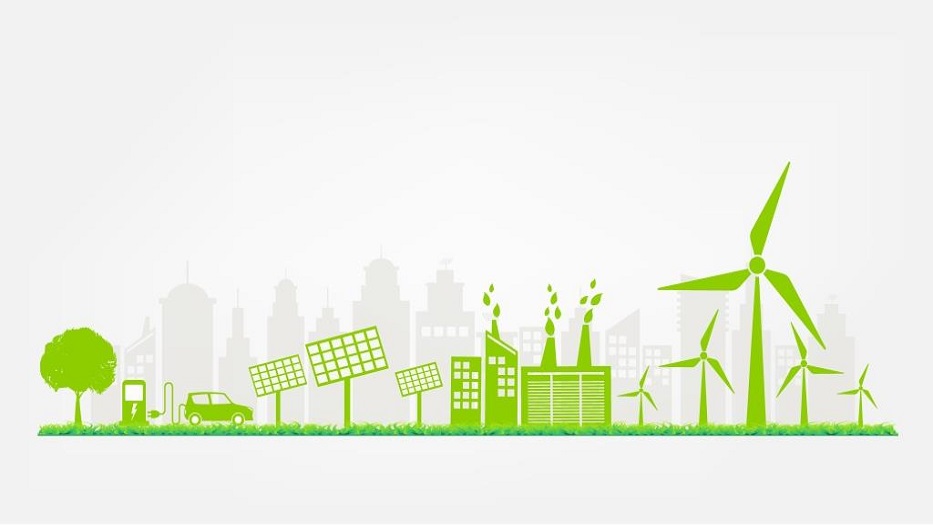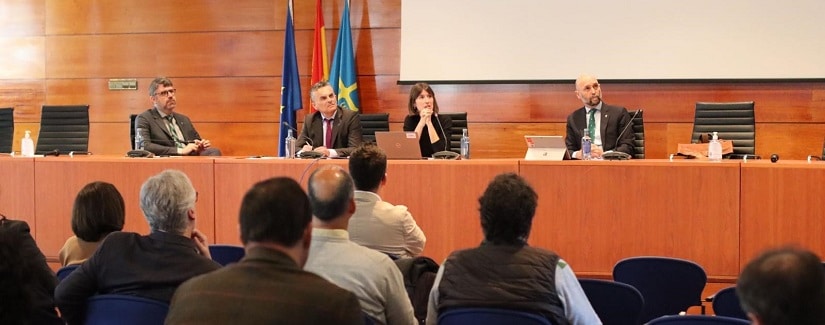The material contained in the guide suggests a series of methodologies and procedures with the aim of integrating Environmental, Social and Governance (ESG) issues into business.
MAPRE Seguros, with the objective of mitigating risks and creating new sustainable business opportunities based on an innovative approach to insurance products and services has just launched the first subscription-based technical guide for the business of Major Risks.
Born out of a need for the company to produce synergies through generating knowledge and strategies for businesses to deal with Environmental, Social and Governance (ESG) corporate issues, the guide is notable for its high technical level. Its content seeks to help define roles and responsibilities, establish work routines, define integration strategies by area and activity, as well as describing different methods of supervision.
With this guide, the company intends to modernize its ability to provide both collaborators and service providers with an innovative and systemic view of risk management, as well as offering structured responses to claims, addressing emerging risks and adding an important factor of differentiation to our commercial strategy, thus enhancing the customer experience throughout the entire process.
“In the insurance sector, which is a business based on managing and assuming risk, this standpoint is gaining increasing importance in the face of the main global challenges in terms of impact. Issues of sustainability are essential for maintaining businesses, allowing us to understand the value chain from start to finish, visualizing where these issues are and what risks are involved in order to be able to assume and mitigate them”, states Almir Costa, the company’s director of Industrial Risk and Assurance.

Understanding ESG factors is taking on an ever-increasing importance in the face of imminent emerging risks (floods, droughts and other extreme environmental phenomena; demographic changes; pandemic and cyber risks, among others), as well as regulatory changes and the potential for related reputational consequences. Organizations are increasingly conscious of the importance of containing them and taking them into account when making strategic decisions.
A global study on the perception of risk, produced by the World Economic Forum and academic advisors to Oxford University, involving approximately one thousand participants, revealed that the main issues that will affect businesses of the future are risks relating to the environment and cybernetics.
In 2015, economic losses worldwide as a consequence of natural disasters were calculated to be worth 35 billion dollars. Out of this total, the insurance market paid 12 billion dollars in compensation, revealing the vulnerability of emerging and developing countries to natural disasters.




